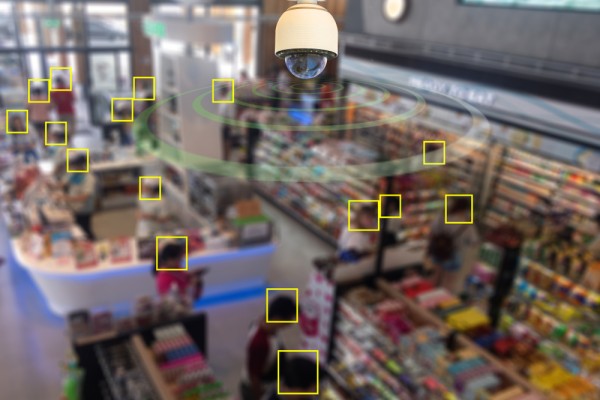Campaign groups call on UK retailers to quit police facial recognition plan
30/10/2023 | The Guardian
Several human rights groups have called on some of the UK's leading retailers, including Tesco, John Lewis, and Sainsbury's, to withdraw from a new government-backed policing scheme that relies heavily on facial recognition technology to combat shoplifting, amid warnings it risks wrongly criminalising people of colour, women and LGBTQ+ people. The letter, which was sent by 14 human rights groups, including Liberty, Amnesty International, and Big Brother Watch, highlights the potential impact of the use of facial recognition technology on privacy and human rights. The authors argue that this raises serious questions about the unchecked rollout of facial recognition technology. They also express concern that the retailers' participation in the scheme will reverse steps taken during the Black Lives Matter movement, including high-profile commitments to be champions of diversity, equality and inclusion.
In a statement contributing to the article, Madeleine Stone, senior advocacy officer at Big Brother Watch, said, "Live facial recognition is a dystopian mass surveillance tool that turns streets into police lineups. Deploying this biometric surveillance to track protesters is an authoritarian step that aligns the UK with the likes of Russia and China... The composition of this watchlist suggests that police forces are increasingly using this technology not only to make arrests but to monitor the location of innocent members of the public."

What is this page?
You are reading a summary article on the Privacy Newsfeed, a free resource for DPOs and other professionals with privacy or data protection responsibilities helping them stay informed of industry news all in one place. The information here is a brief snippet relating to a single piece of original content or several articles about a common topic or thread. The main contributor is listed in the top left-hand corner, just beneath the article title.
The Privacy Newsfeed monitors over 300 global publications, of which more than 6,250 summary articles have been posted to the online archive dating back to the beginning of 2020. A weekly roundup is available by email every Friday.

